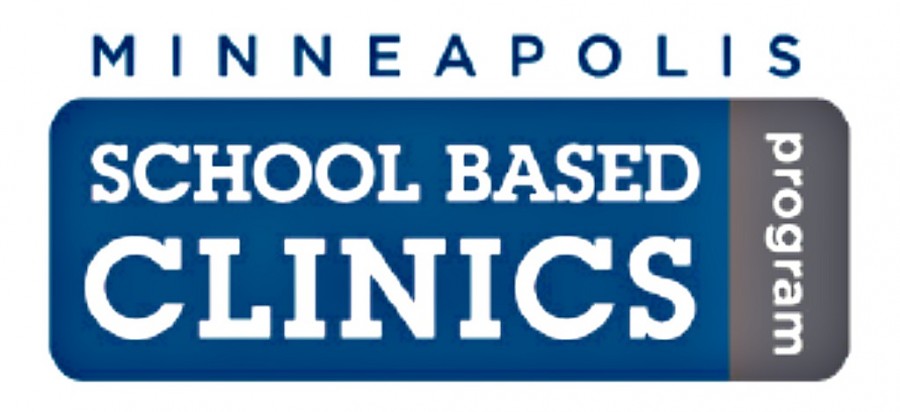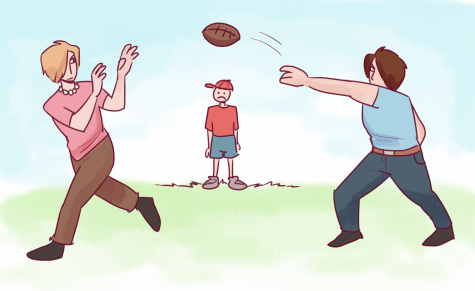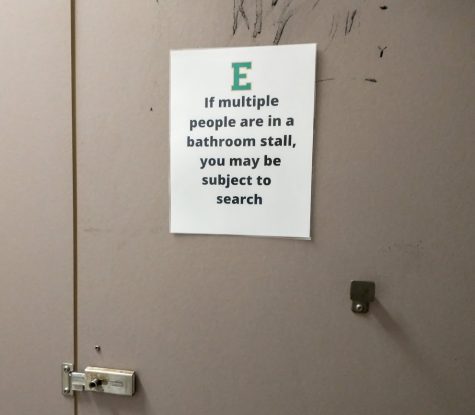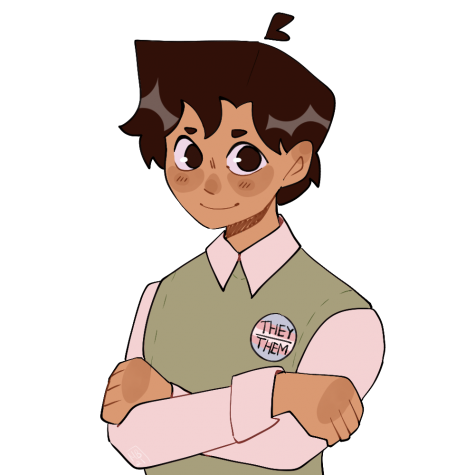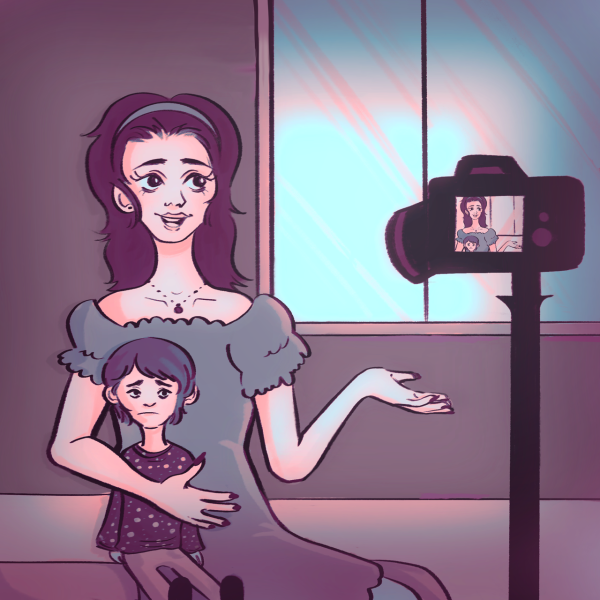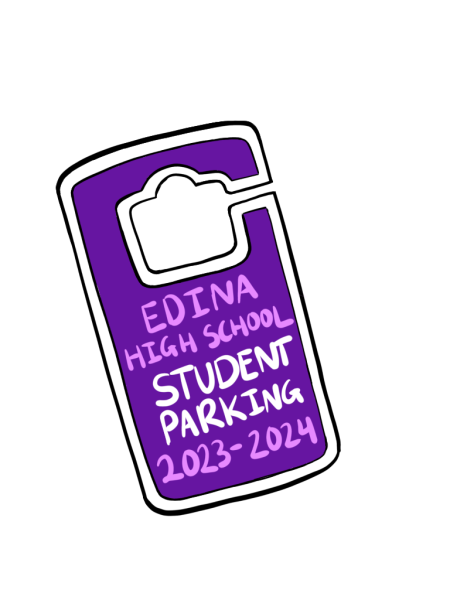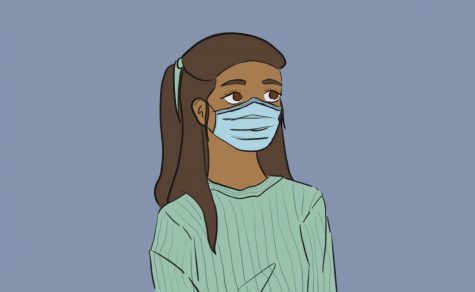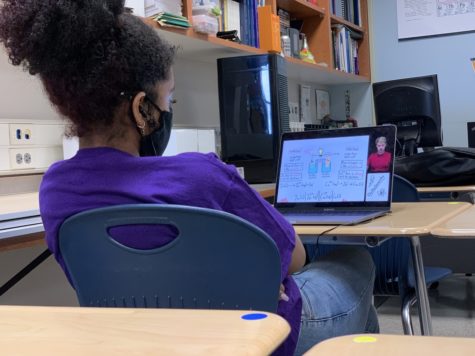Why Minnesota Needs School Based Clinics
photo courtesy of minneapolismn.gov
Logo for the Minneapolis School Based Clinics Program
As a high school student, it’s nice having a nurses office where you can take care of cuts, get advice on your condition and manage minor health concerns. But Edina High School lacks primary medical care for students, unlike other schools. The solution: it’s for Edina to open it’s doors to the Minneapolis School Based Clinics program.
Minnesota has created a program called Minneapolis School Based Clinics (SBC’s). These clinics are in seven different Minneapolis Schools and offer students easy access to therapists, doctors and to address their healthcare needs. Especially in a school like Edina, a high stress environment, it would be a great idea to consider adopting one of these clinics into our school.
Despite Edina High Schools reputation as a richer school, many of students would benefit from having such easy access to a clinic. According to the National Association of Mental Illness, of children aged nine to 17, at least 21% have a diagnosable mental illness that causes some type of impairment. While half of mental illness patients started showing symptoms at age 14, unfortunately there are long delays before effective treatment is administered. It could be years, even decades before treatment is administered. Without treatment, mental illnesses can become quickly more severe and more difficult to treat in the long run.
Many reasons why illnesses go untreated have to do with access to doctors or someone to talk to about their problems. Or, it is often too expensive for the students parents to afford treatment. A school based clinic would solve that problem, giving kids an inexpensive resource right at their own school. “Being able to talk with a counselor helped me deal with life in a productive way so that I was able to work to the best of my abilities,” said Washburn High School senior Zebulon Nygaard. “I can’t say exactly what I would have done without it, but I know that without it I would still be doing poorly in school and having a hard time with life.”
All clinics offer a Doctor, Nurse Practitioner, Registered Nurse, Health Educator, Medical Assistant, Mental Health Counselor, Registered Dietitian and Social Worker right there ready for them. The goal of these clinics is also to make healthcare affordable to teens with low to no cost for their services. “I think having a school based clinic would be really convenient,” said senior Rebecca Nelson “Just to see a doctor if you don’t feel well, or get your flu shot.”
Dylan Rickard, a junior at Edina High School, is a part of my Health’s Youth Advisory Board. He meets with teenagers all over the Twin Cities to discuss Sex Ed and the benefits they can receive from the myHealth clinic. He gives insight into the importance of clinics “In my experience, schools with easy access to clinics have student bodies that are much more educated about themselves and their peers. Because of this, they make smarter decisions and typically lead healthier lives,” said Rickard. Based on his work with clinics he concludes that putting a school based clinic in Edina would help the students and community as a whole. “Having a school based clinic would be one of the best things that could happen to EHS. The comfort that comes with easy access and confidentiality would completely erase all of the embarrassment and uncertainty that is usually associated with teenagers going to clinics on their own,” said Rickard
It would also allow students to receive services confidentially. For students uncomfortable with talking to their parents about their mental health concerns, or about receiving STD or pregnancy tests, they can have their needs addressed privately. According to an article by Time Magazine on teen parents, 25% of women who became teen moms did not use birth control because their parents pressured them not to. An additional 13% didn’t use birth control because they did not have any access to it. That’s a terrifying amount of people who didn’t use protection, not due to lack of education but due to lack of access.
According to a survey by the Center for Disease Control 48.6% of high schoolers are sexually active by the time they graduate. Of this 48.6%, 34% of them have had sexual intercourse in the last three months, and 40.9% did not use a condom the last time time they had sex. The reality is, that if you want kids to be safe you need to give them access to methods of contraception. These clinics would be a solution to that. Our school would be a great location to reach out to kids and keep them safe. We are told about how to stay protected while sexually active, but teens need the resources as well.
These clinics have been incredibly successful. According to data from the National Assembly on School-Based Health Care, SBC users have shown higher attendance and fewer tardiness after receiving services. SBC patients who receive medical medical services have shown significant increases in attendance over non-users. Furthermore, African American male SBC users are three times more likely to stay in schools than their peers. Students, teachers, and parents who have a SBC rate academic expectations, school engagement and safety higher than those without and SBC.
It would be an amazing contribution to the Edina environment, while we thrive in academics, we should also thrive in health services for our students. It would bring out school to the next level, and would be a big step in helping students receive necessary services to address their health concerns. “Everybody deserves to be happy, and School Based Clinics are extremely good at creating an environment where all kids are able to succeed,” said Nygaard.
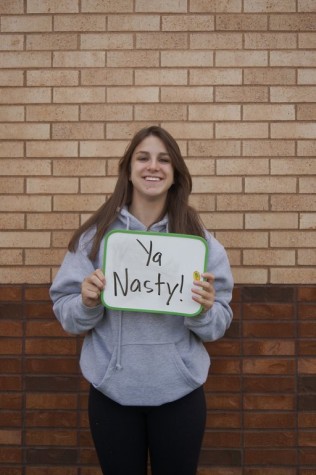
Patricia Leach really loves "That's So Raven". In fact, she loves it so much that she requested that this be included in her bio:
Thats so Patricia...

